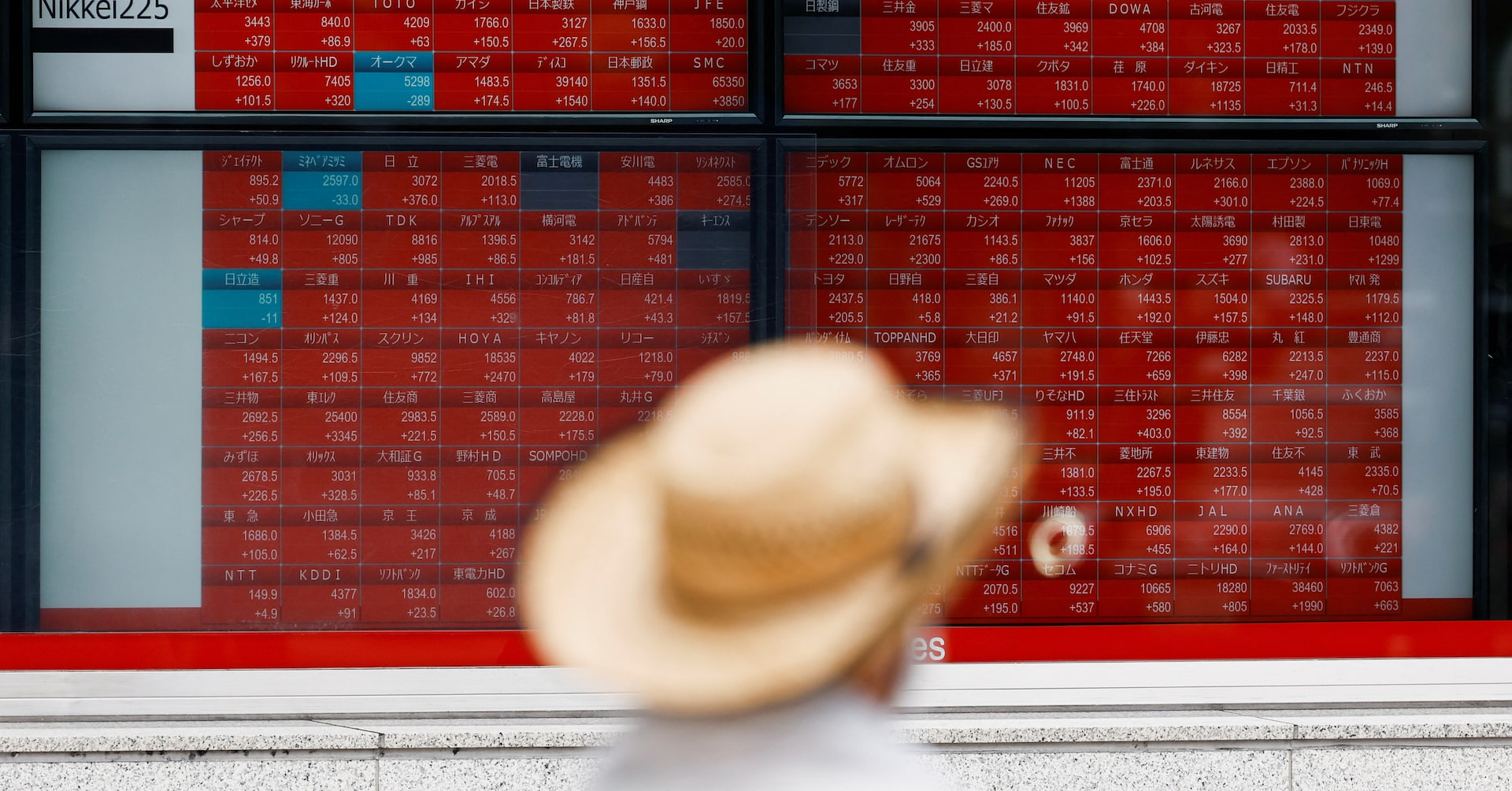Buffett's Bullish Bet: Japanese Trading Giants Soar on Investor Confidence

Japanese trading giants experienced a significant stock market surge on Tuesday, with shares of the top five trading houses jumping over 5% in early trading. The remarkable rally was triggered by an exciting announcement from legendary investor Warren Buffett, who revealed that his renowned investment conglomerate, Berkshire Hathaway, is poised to expand its stake in these influential Japanese companies.
Buffett's potential increased investment has sent waves of enthusiasm through the financial markets, highlighting the growing confidence in Japan's robust trading sector. Investors and market analysts are closely watching this development, seeing it as a strong vote of confidence from one of the world's most respected investment figures.
The trading houses, which include prominent names like Mitsubishi, Mitsui, Itochu, Sumitomo, and Marubeni, have long been key players in Japan's economic landscape. Buffett's interest underscores their strategic importance and potential for future growth, sparking renewed optimism among shareholders and market participants.

